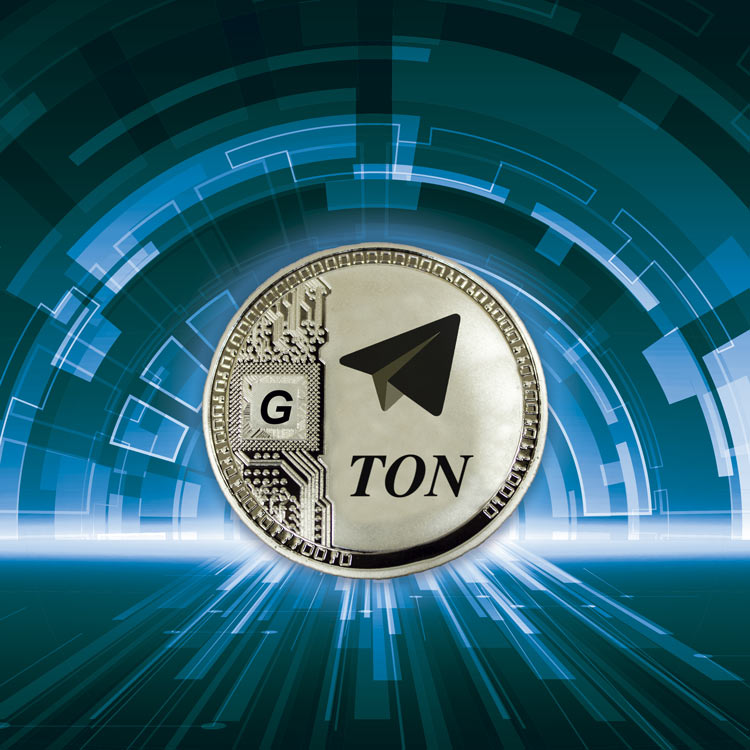
As of April 2018, the firm had reported raising $1.7 billion through the ongoing ICO. Russian tech news site calculated the first round as offering 2.25 billion tokens at $0.38 each, with a minimum purchase of $20 million, and the second as offering 640 million tokens at $1.33 each, with a minimum purchase of $1 million.

The offering ran in two rounds, each taking in $850 million. As futures were only sold to accredited investors, the offering was exempt from registration as securities under Regulation D of the Securities Act of 1933, on the basis that once TON was operational, the Grams would have utility and would not be considered securities. A two-step legal scheme was employed: the Gram purchase agreement was structured as a future contract that allowed investors to receive tokens once TON is launched. To fund the development of the messenger and the blockchain project, Telegram attracted investments through a private Gram offering. The codebase for TON was created by Nikolai Durov, the developer of Telegram's MTProto protocol, and Pavel became the public figure for the project. TON was described as a platform for decentralized apps and services akin to WeChat, Google Play, or App Store, or even a decentralized alternative to payment processing services of Visa and MasterCard due to its ability to scale and support millions of transactions per second. According to documents, the Durovs planned to attract the existing Telegram user base to TON and promote the mass adoption of cryptocurrencies, turning it into one of the largest blockchains. In January 2018, a 23-page white paper and a detailed 132-page technical paper shed some light on the project. TechCrunch had soon confirmed that the company planned launch a blockchain project named “The Open Network” or “Telegram Open Network” (TON) and its native cryptocurrency “Gram”.

In the mid-December 2017 Bloomberg interview, Durov announced that Telegram would begin monetization in early 2018. Durov considered venture capital financing but decided against it until the problems are solved. Telegram suit (2020), by 2017, the self-funded startup needed money to pay for servers and services. Securities and Exchange Commission (SEC) v.

Since the release of Telegram messenger in 2013, its CEO Pavel Durov emphasized that instant messenger will not include advertising. In May 2020, Telegram withdrew from the project after litigation with the US Securities and Exchange Commission. As TON) is a blockchain-based decentralized computer network technology, originally developed by the Telegram team.

The Open Network (previously Telegram Open Network, both abb. For access to wallets uses 24 secret words, on the basis of which calculates 256-bit private key of the wallet


 0 kommentar(er)
0 kommentar(er)
